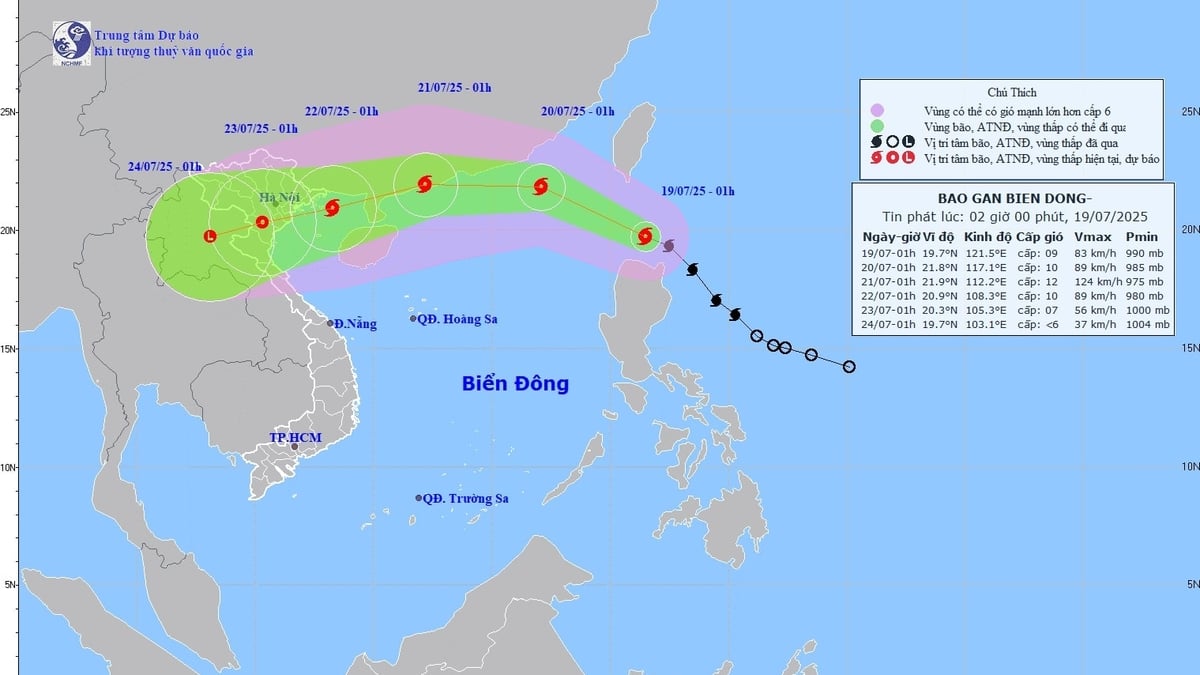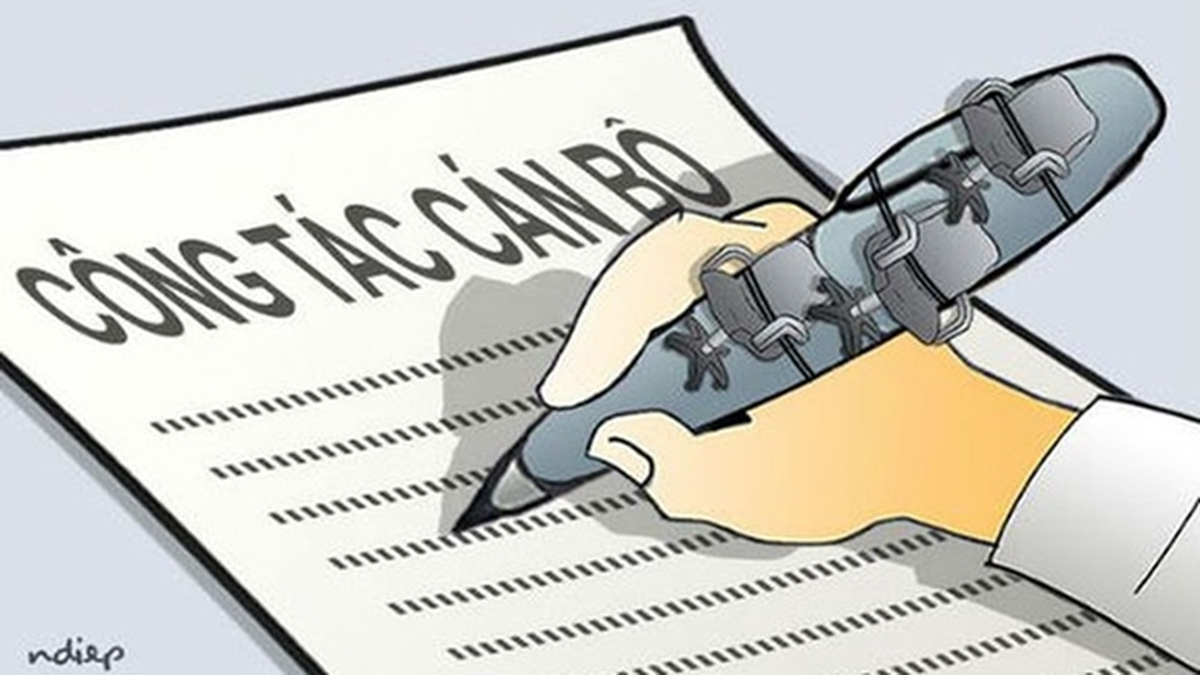A notable point is that for the first time, the content of the national standards development strategy is included in the law as a long-term orientation for all activities of building and applying standards.
According to Mr. Ha Minh Hiep, Chairman of the National Committee for Standards, Metrology and Quality, in the past, Vietnam often issued short-term standards plans for each year or each 5-year period. This strategy will be consistent with the development orientation of the industry, sector and integration commitment, while closely connecting with the science and technology planning, national quality infrastructure (NQI) and innovation policy.
To date, Vietnam has issued more than 13,000 national standards - the highest in ASEAN, of which 60% are harmonized with international and regional standards. This is an important step forward in narrowing the gap in quality and management compared to developed economies .
Regarding national technical regulations, more than 800 regulations have been issued, playing an important management role in protecting the environment, public health and controlling risks from goods and services that affect national interests, businesses and consumers.
According to experts, international standards increasingly play a fundamental role in the development policy planning of countries. Building a strategic vision for the standards system not only promotes competition and innovation, but also improves public health and safety and facilitates global trade. Actively participating in the process of developing international standards also helps countries affirm their position in the global value chain.
This revised law creates more favorable conditions for non-state organizations to participate in developing standards. Enterprises, associations, research institutes and scientific and technological organizations have the right to propose, comment and accompany the process of forming national standards.
This approach is in line with international trends, as in many countries such as Germany, the US, and Japan, more than 80% of standards are proposed by the private sector. In reality, standards are only effective when they reflect practical needs, especially from businesses - the direct operators, producers, and technology application entities.
An important highlight in this revised law is the principle of “one product-one standard” established for the first time, aiming to overcome the situation where a product must comply with many standards issued by different agencies.
According to Mr. Hiep, standards are the bridge between scientific research and production, between domestic and international markets. When built in a timely manner, in harmony with international standards and in line with business practices, standards help shorten the process of bringing new technology to market, accelerate transfer and enhance the competitiveness of Vietnamese products.
The revised Law on Technical Standards and Regulations, effective from January 1, 2026, will be a new legal foundation to bring the national standards system closer to international practices, creating conditions for businesses to develop sustainably.
Source: https://nhandan.vn/dua-he-thong-tieu-chuan-quoc-gia-tiem-can-thong-le-quoc-te-post893516.html





























































































![[Infographic] In 2025, 47 products will achieve national OCOP](https://vphoto.vietnam.vn/thumb/402x226/vietnam/resource/IMAGE/2025/7/16/5d672398b0744db3ab920e05db8e5b7d)





Comment (0)